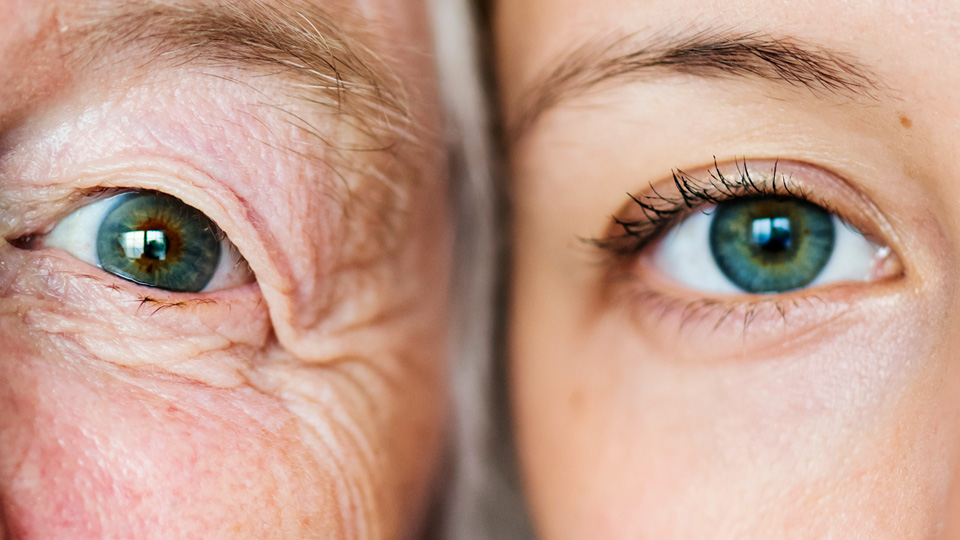Can eye diseases be treated?

Are you suffering from an eye disease but unsure of what steps to take for treatment? Are you wondering if the treatments are even possible? Eye diseases, while serious, can be treated in many ways. From glasses or contact lenses to medical procedures and even surgeries, optometrists and ophthalmologists have a wide range of treatments available to help patients manage their conditions. This post will go over common eye diseases and available treatment options so you can make the best decisions for your health.
Overview of Common Eye Diseases and Their Treatments
The eyes are vital organs that provide us with the ability to see the world around us. Unfortunately, various diseases can affect their proper function. Some of the most common eye diseases include cataracts, glaucoma, and age-related macular degeneration. Cataracts, the clouding of the eye's lens, can be treated by surgically removing the affected lens and replacing it with an artificial one. Glaucoma, a condition caused by increased pressure within the eye, can be managed through eye drops, medications, and surgery. Age-related macular degeneration, a deterioration of the retina, can also be treated with medications and surgery. Early detection and intervention are crucial for the successful treatment of these diseases and the preservation of vision.
What Is the Process of Diagnosis and Treatment for Eye Diseases?
When it comes to eye diseases, the process of diagnosis and treatment can be complex, but not always. A thorough examination of the eye is necessary to pinpoint the root cause of any symptoms, whether it be a refractive error, infection, or more serious condition. This may involve various tests, such as visual acuity and intraocular pressure tests, as well as specialized equipment like a slit lamp. Once a diagnosis is made, treatment options can include prescription medications, laser therapy, or surgery. It's important to remember that prompt diagnosis and treatment can make all the difference when it comes to preserving your vision, so it's crucial to seek medical attention if you notice any changes or abnormalities in your eyesight.
Eye Examinations and How They Help Identify Problems
Eye examinations are crucial for maintaining good ocular health. They not only check for visual acuity but also help to identify underlying problems. A thorough eye exam includes tests for glaucoma and cataracts, which left undetected, can lead to vision loss. Furthermore, a comprehensive exam can detect underlying health issues such as diabetes, high blood pressure, and even brain tumors. With regular eye exams, eye doctors can catch problems early on, allowing for prompt treatment and prevention of long-term visual impairments. In other words, eye examinations are more than just a quick check-up, they are a vital part of keeping your eyes, and your overall health, in tip-top shape.
The Benefits of Regular Eye Exams
During an eye exam, an optometrist can detect early signs of eye diseases such as glaucoma, cataracts or macular degeneration. These diseases are often asymptomatic, meaning that they can develop silently without any noticeable symptoms. Early detection of these potential problems can allow for timely treatment and prevent permanent vision damage. Eye exams also allow for the assessment of eye conditions such as near-sightedness, far-sightedness or astigmatism. These common conditions can be corrected through prescription glasses or contacts, drastically improving one's overall quality of life. It's essential to prioritize regular eye exams to protect your eyesight and prevent any potential vision loss.
How to Prepare for an Eye Exam and What to Expect During Treatment
As with any medical examination, preparation is key to ensuring a successful visit to the eye doctor. Before your appointment, gather any information pertaining to your medical history, and bring a list of current medications and supplements you are taking. During the exam, your doctor will measure your vision and assess the health of your eyes. This may involve using various tools, such as an ophthalmoscope or slit lamp. You can expect to have your pupils dilated, which can cause temporary blurriness and sensitivity to light. However, this is a necessary part of the exam and allows your doctor to thoroughly examine the inner structures of your eyes. If any issues are found, your doctor may recommend treatment options, such as corrective lenses, or medication. Overall, preparing for and undergoing an eye exam is a simple and important step in maintaining your overall health and well-being.
When to See an Eye Doctor for Pressure Behind the Eye
Experiencing pressure behind the eye can be an alarming sensation. While it may be caused by something as simple as fatigue or stress, it can also be indicative of something more serious. If you find yourself consistently feeling pressure behind your eye or eyes, it may be time to see an eye doctor.
This discomfort could be a sign of a variety of conditions, including glaucoma, sinusitis, or even a tumor. An eye doctor will be able to conduct a proper examination and provide a diagnosis as well as treatment options to relieve the pressure. By addressing the issue promptly, you can help ensure the health of your eyes and overall wellbeing.
TESTIMONIAL

Everything was explained. Everyone was helpful, cheerful, and competent. Dr. Paré was, as always, competent, helpful, and patient.

“My visit was awesome. The tech was fantastic and of course we love Dr. Hewitt.”

Dr. Park has my full faith and confidence for me to recommend her to whomever may read this. I am pleased she has joined the practice. Her professional and exceptional caring will be evident in seconds to her patients meeting her.
OFFICE HOURS
| Week Days | 8:00 - 4:00 |
| Saturday | Closed |
| Sunday | Closed |

